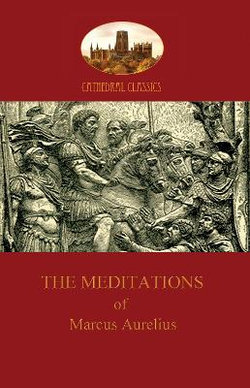

RRP means 'Recommended Retail Price' and is the price our supplier recommends to retailers that the product be offered for sale. It does not necessarily mean the product has been offered or sold at the RRP by us or anyone else.
- ISBN:
- 9781907523502
- 9781907523502
- Category:
- Western philosophy: Ancient
- Format:
- Paperback
- Publication Date:
- 12-02-2011
- Publisher:
- Aziloth Books
- Country of origin:
- United Kingdom
- Pages:
- 126
- Dimensions (mm):
- 198x129x6mm
- Weight:
- 0.13kg
This item is In Stock in our Sydney warehouse and should be sent from our warehouse within 1-2 working days.
Once sent we will send you a Shipping Notification which includes online tracking.
Please check the estimated delivery times below for your region, for after your order is despatched from our warehouse:
ACT Metro 2 working days
NSW Metro 2 working days
NSW Rural 2 - 3 working days
NSW Remote 2 - 5 working days
NT Metro 3 - 6 working days
NT Remote 4 - 10 working days
QLD Metro 2 - 4 working days
QLD Rural 2 - 5 working days
QLD Remote 2 - 7 working days
SA Metro 2 - 5 working days
SA Rural 3 - 6 working days
SA Remote 3 - 7 working days
TAS Metro 3 - 6 working days
TAS Rural 3 - 6 working days
VIC Metro 2 - 3 working days
VIC Rural 2 - 4 working days
VIC Remote 2 - 5 working days
WA Metro 3 - 6 working days
WA Rural 4 - 8 working days
WA Remote 4 - 12 working days
Express Post is available if ALL items in your Shopping Cart are listed as 'In Stock'.
Click on Save to My Library / Lists
Click on My Library / My Lists and I will take you there



Share This Book: